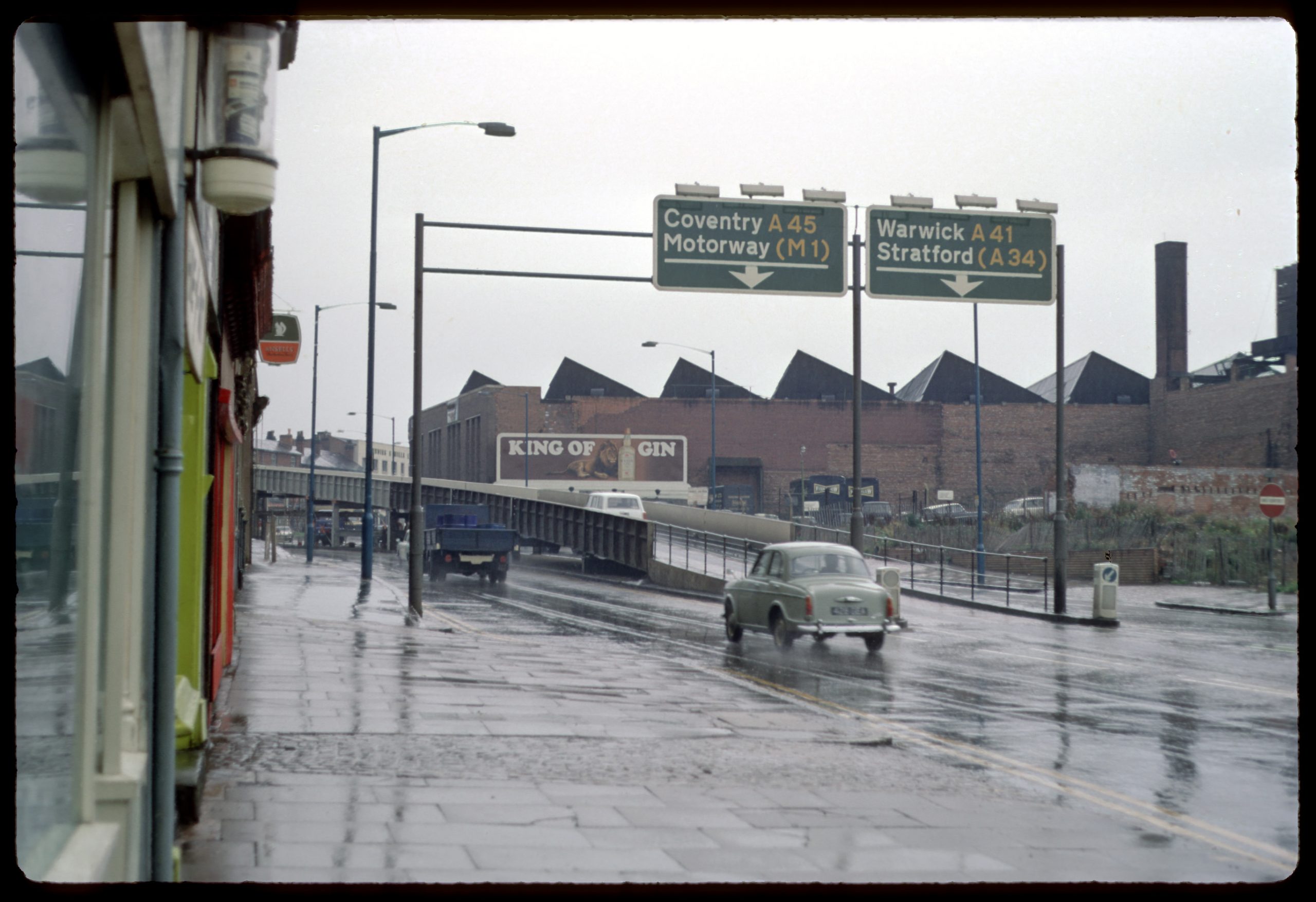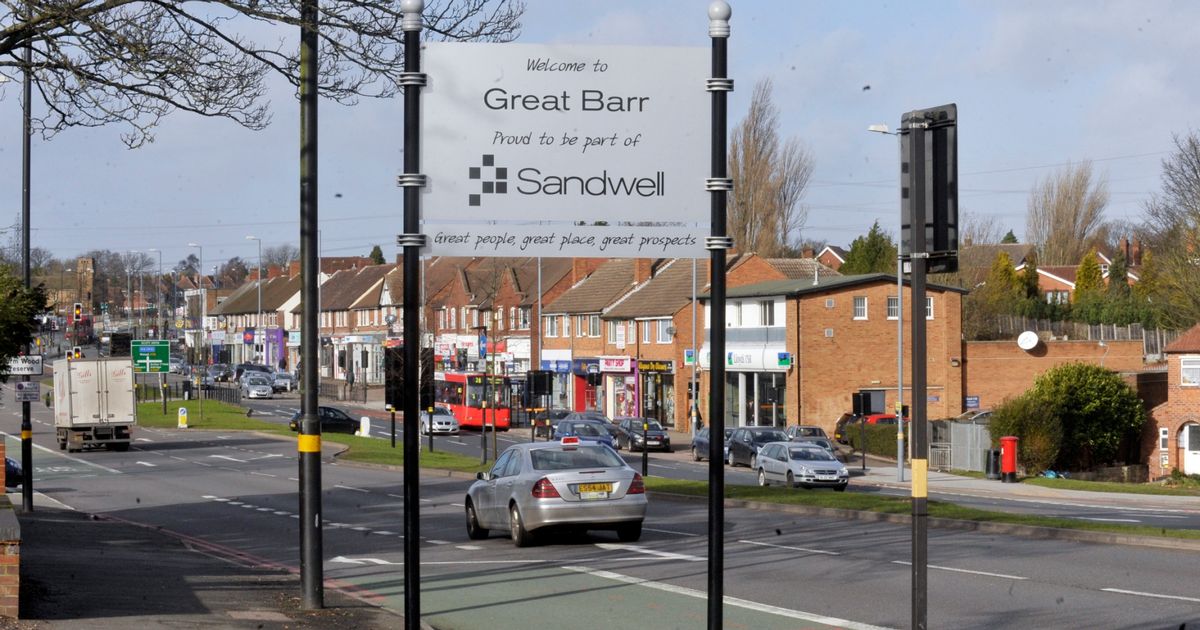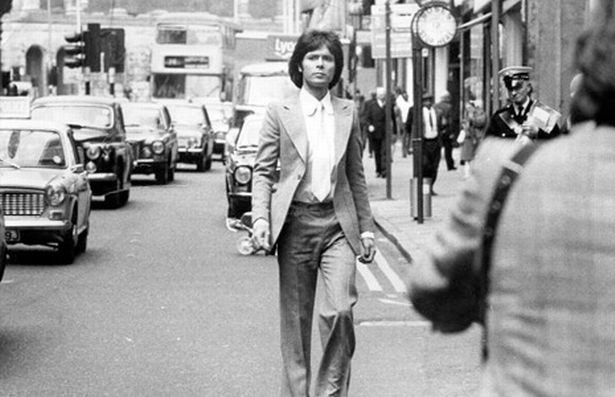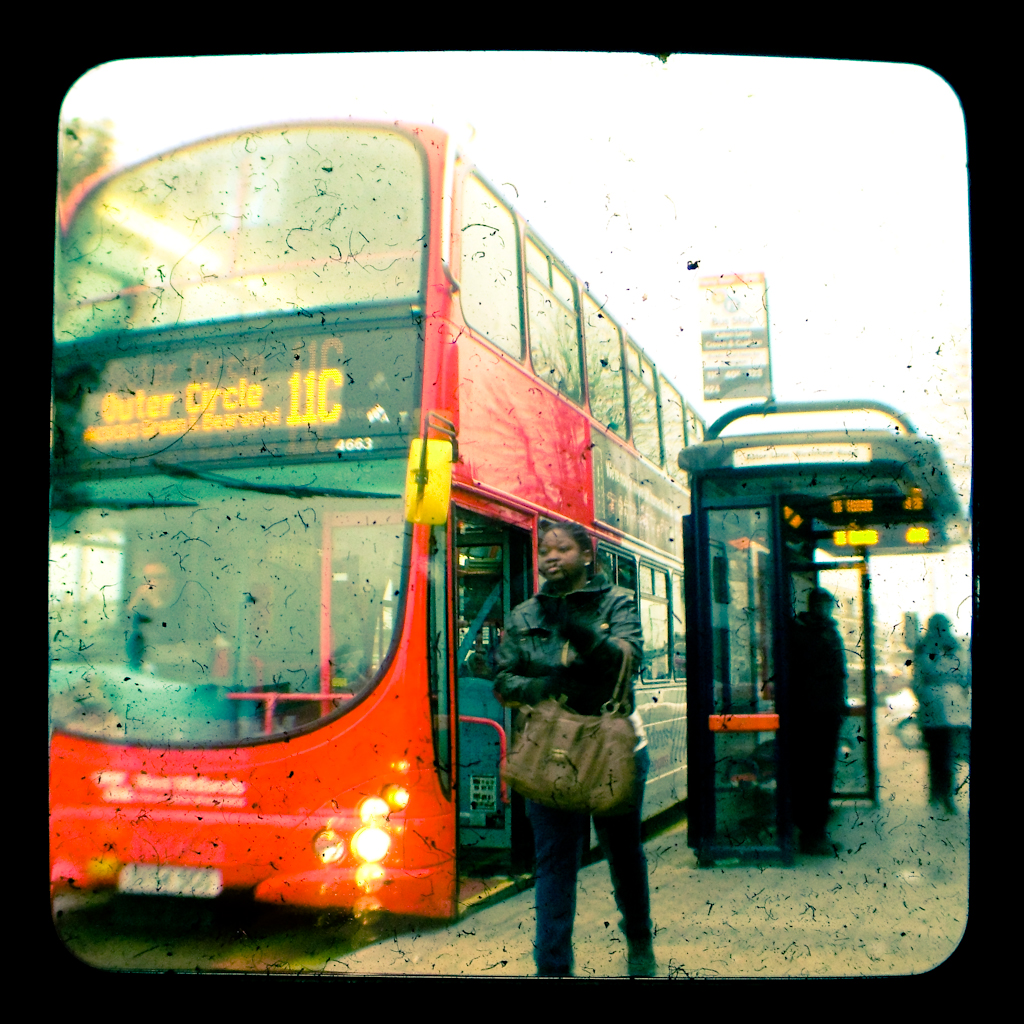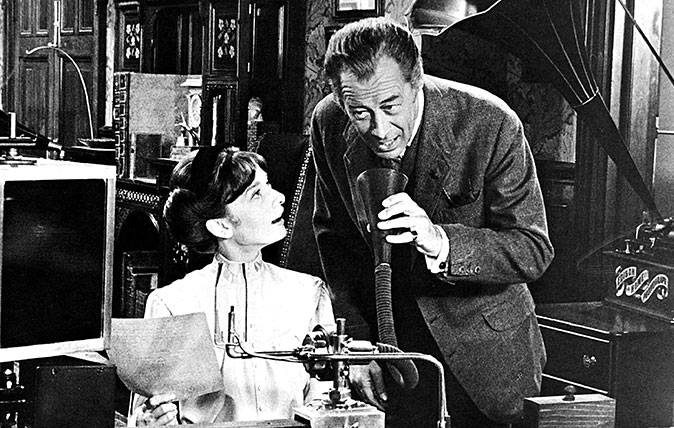We all know that Birmingham isn’t shit. We’ve spent nearly 20 years telling people, showing the world, and often undermining our case. Tired of falling back on the same old cliches, or past achievements, we look at the ineffable reasons why we say ‘Birmingham: it’s not shit’ and attempt to eff it.
“Things just went wrong too many times” has always seemed the ultimate sad end. Sadly it’s from Tony Hancock’s suicide note rather than the council statement on deciding not to bid for the Olympics for the third time in a row.
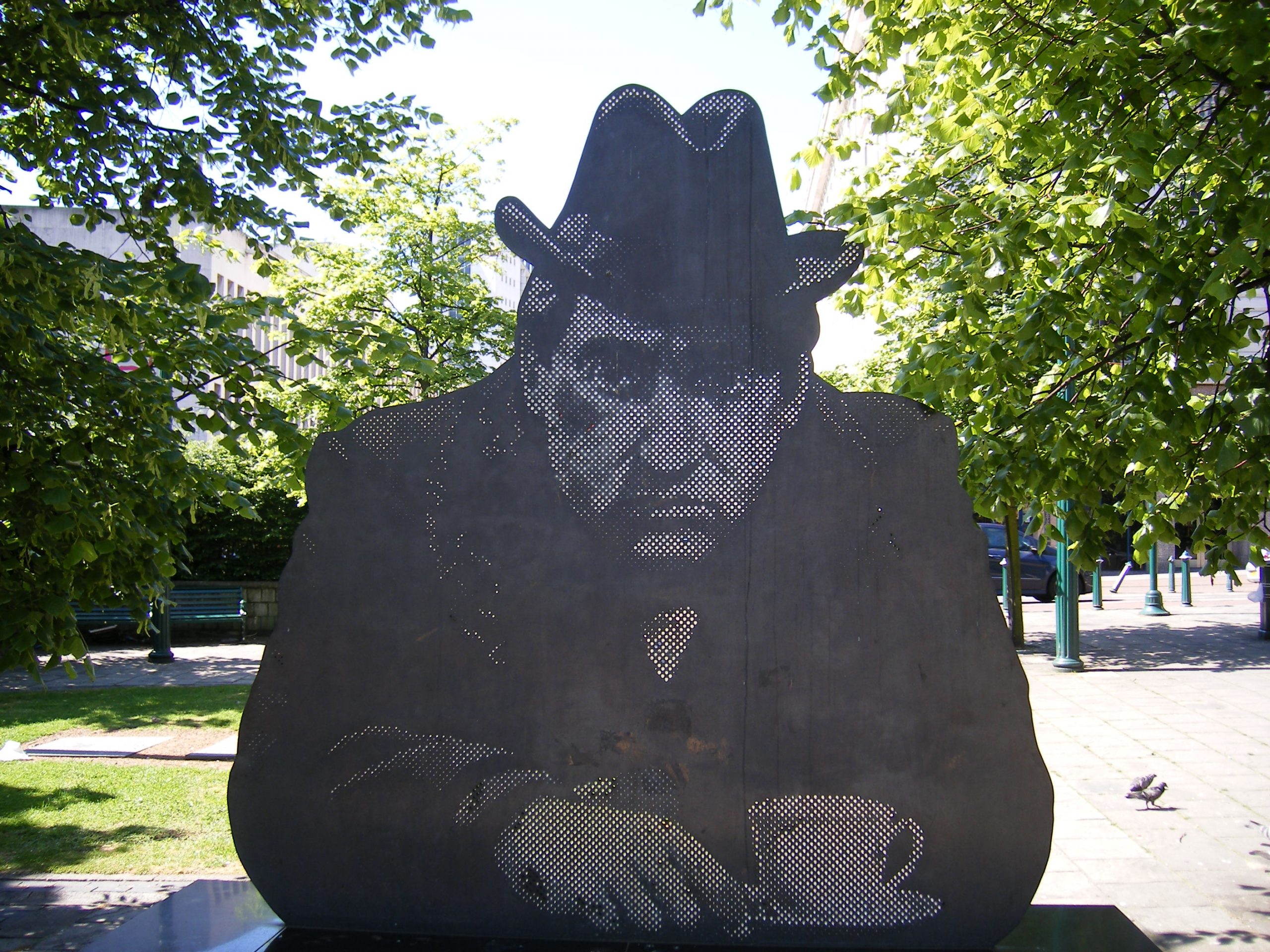
The statue of Tony Hancock in the middle of Old Square in town is one of Birmingham’s genuinely interesting pieces of public art. The use of space to give the impression of a photograph printed with half-toning echos that the square would once have been awash with nicotine-stained journalists from the Post and Mail building that used to throw a shadow there.
Anthony John Hancock was born in Southam Road, Hall Green, but, from the age of three, he was brought up in Bournemouth and pretty much never gave us a second thought. This would not be unusual, in fact most of us remember virtually nothing of anything that happened before we were three. Infantile amnesia, is the inability of adults to retrieve memories of situations or events before the age of two to four years. That there was no attachment to his birthplace at all would seem to indicate that his parents didn’t care much for Brum either — they moved for ‘the good of [his father’s] health”.
But Tony’s performances — embodied by the Anthony Aloysius St John Hancock version of himself: ‘the comedian Tony Hancock’ — have a great deal to tell us about our attitudes and our city.

